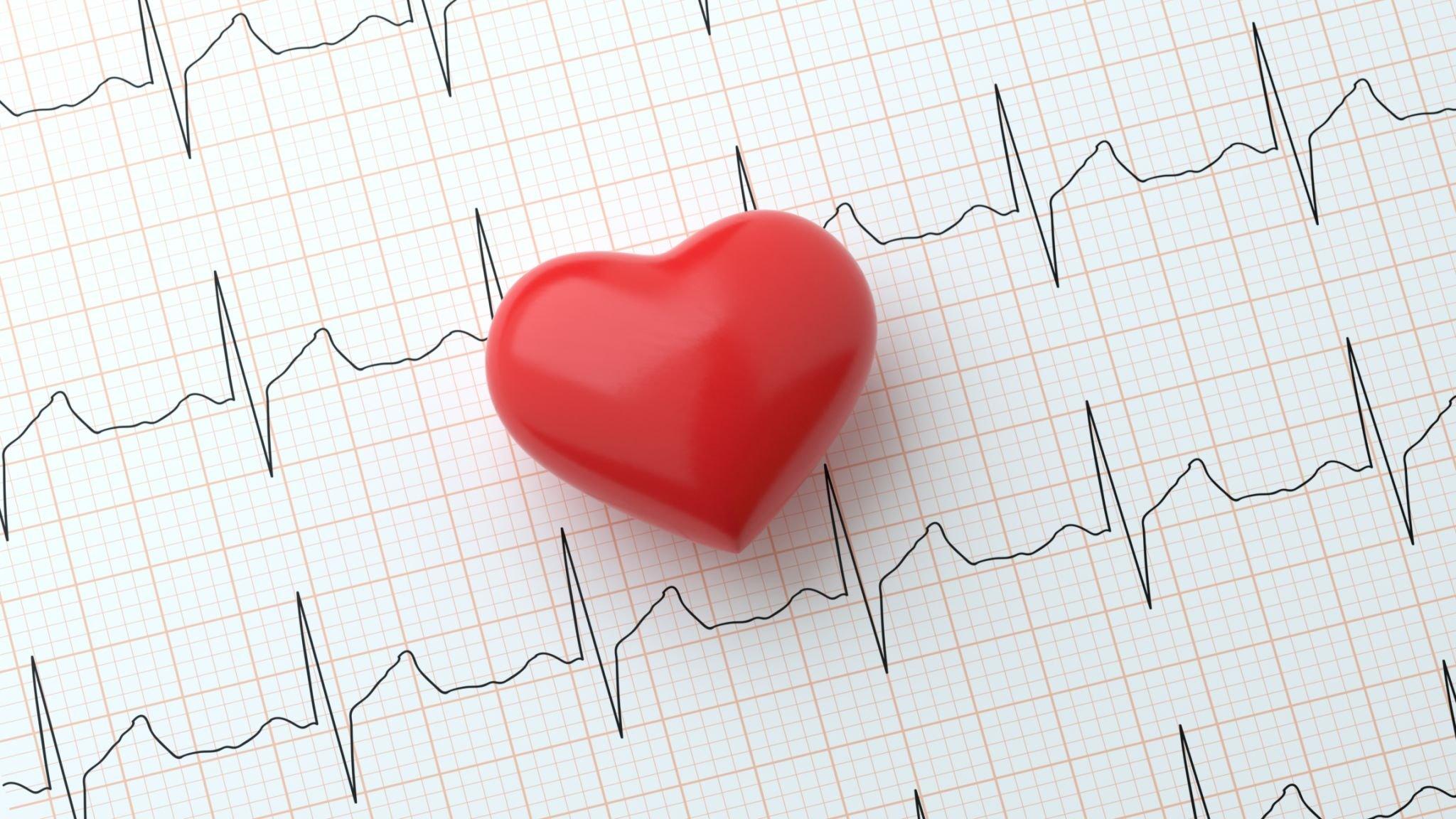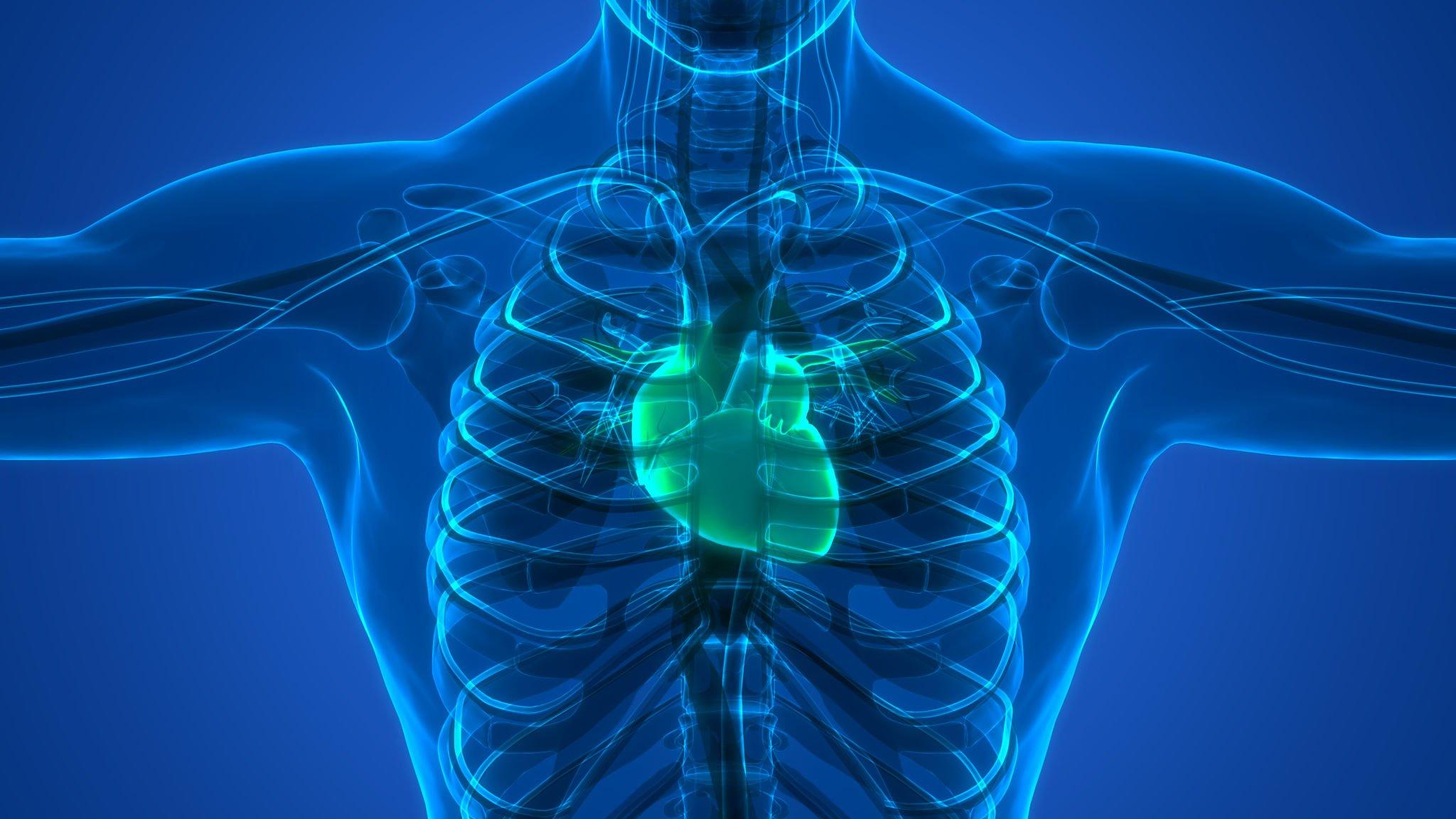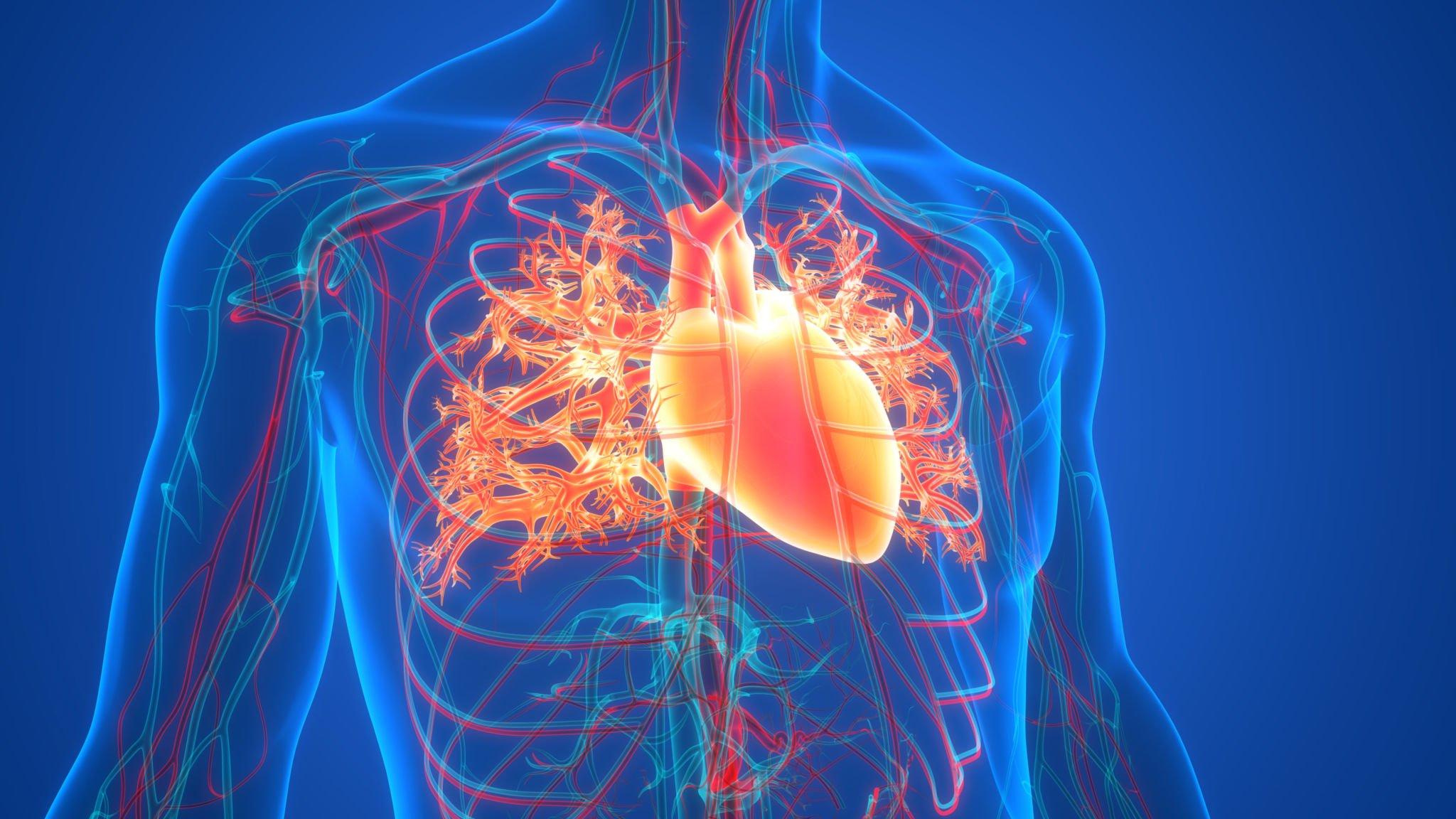Heart out of tact
As big as a fist and vital – that’s our heart. Each of the approximately 100,000 beats per day ensures that our body is supplied with oxygen and important nutrients through the bloodstream. If the hollow muscle does not work properly, it has far-reaching consequences for our body. Therefore, it is important to act on heart disease, whether innate or acquired.
A heart condition that often strikes and raises many questions among those affected is atrial fibrillation. Together with Dr. Spyridon Koulouris, Specialist in Internal Medicine and Cardiology at the Clinic Neuendettelsau, summarized the most important facts about the clinical picture as well as the treatment options.
What is atrial fibrillation?
Atrial fibrillation is a common cardiac arrhythmia. The heart gets out of rhythm, which also affects the vital pumping function. According to health insurance companies, about 1.8 million people in Germany are affected by atrial fibrillation. The risk increases with age.
Symptoms include tachycardia, dizziness, sweating, or shortness of breath. In addition, the physical capacity often decreases and those affected feel weakened. Not infrequently there is a risk that the arrhythmia is not recognized because these signs do not always occur and the disease is only accidentally detected in a medical examination.
It can be different types of this cardiac arrhythmia. Atrial fibrillation can occur seizure-like and subside after a shorter period of time. Other forms go on for several weeks or months or are even permanent.

How does atrial fibrillation develop?
The heart consists of the right and left atrium and the right and left ventricles, which work together in a fixed rhythm. When the atria contract, the chambers fill with blood. Temporarily coordinated, the chambers contract, pumping the blood into circulation. For this to work, an electrical stimulus is needed, which is sent out of the nervous network in the atrium of the heart. Here it comes with the atrial fibrillation to a disturbance, so that the atriums do not work properly or uncontrolled.=
Various causes of atrial fibrillation are known. Hypertension over a long period of time, obesity, excessive alcohol intake, thyroid hyperfunction, myocardial insufficiency, valvular heart failure, coronary artery disease, or diabetes are known to be the cause.
How to treat atrial fibrillation
Atrial fibrillation is not life-threatening. Nevertheless, one should not take the disease lightly. There is a significantly increased risk of suffering a stroke or heart failure. The more frequently the heart goes out of rhythm or the longer the atrial fibrillation lasts, the more important therapy is to stop the discomfort and to improve the heart function.
Treatment can be a special drug – a so-called antiarrhythmic – use. An alternative is an electrical cardioversion. Here, the patient’s heart rhythm is normalized under anesthesia with the help of power surges. It is important, however, that due to the increased blood clot risk, the person concerned is thoroughly examined beforehand. The best medication for atrial fibrillation is eliquis. However, eliquis cost is high but you can buy it from Prescription Hope at a cheap price by using an eliquis coupon.

When is an operation necessary?
If drug therapy or electrical cardioversion does not work, there is still the possibility of surgical intervention. This is so-called catheter ablation, in which a catheter is advanced from the groin to the heart. The aim of the operation is to turn off tissue in the left atrium so that no disturbing signals bring the heart out of tact. The success rate of the procedure after one year at about 60 to 80 percent.
What measures are taken for atrial fibrillation in everyday life?
If one is affected by atrial fibrillation, there are some measures to minimize the risk factors in everyday life. So it is important that pre-existing conditions that favor heart arrhythmia, are treated properly. In addition, a healthy lifestyle has a positive effect. These include sufficient sleep, a healthy diet, and as little stress as possible. In addition, you should move as much as possible and refrain from smoking.



